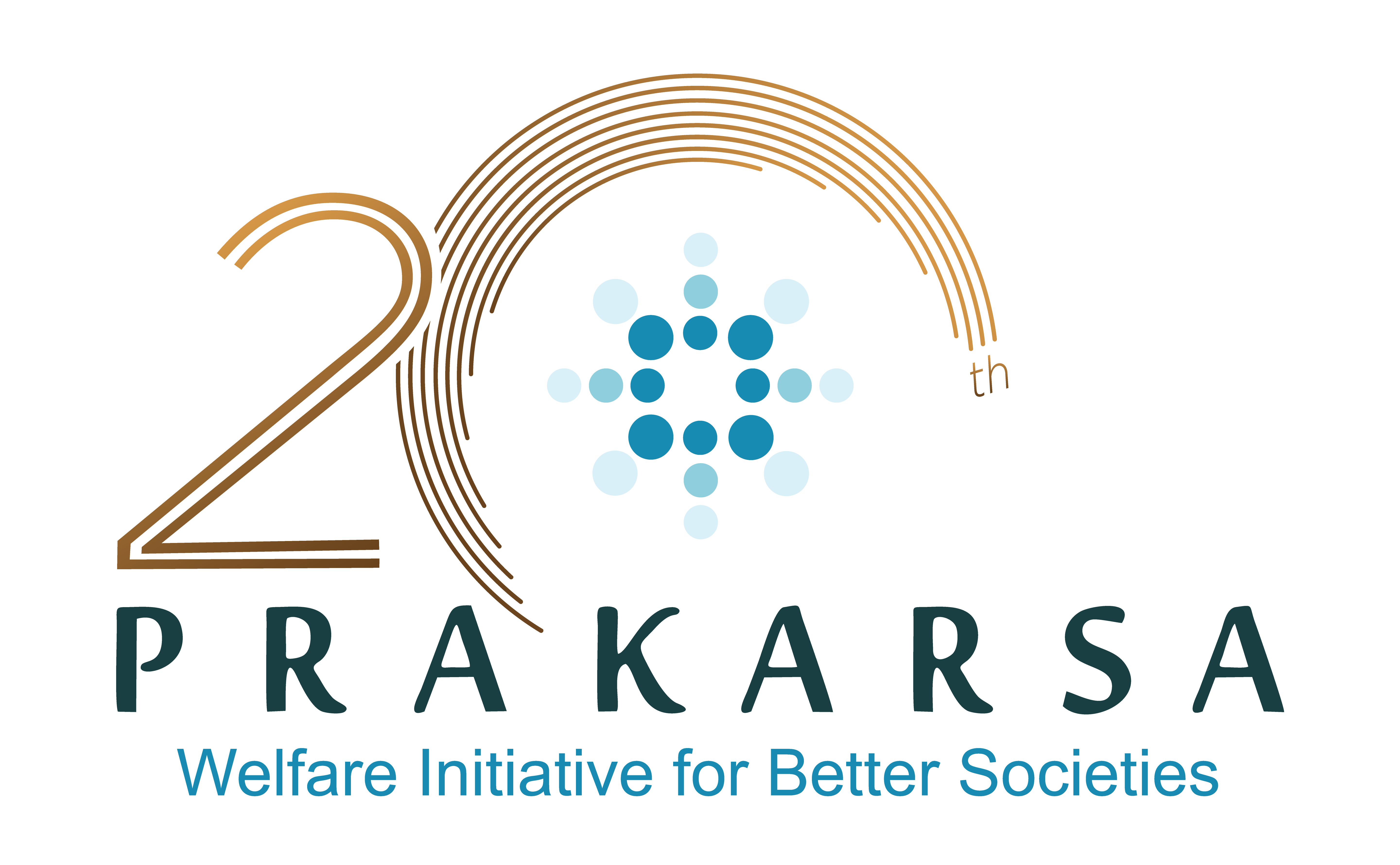
Imports and health equipment procurement are widely known as some of the most corrupt sectors in the country.
By: Victoria Fanggidae
Last month, the Financial Services Authority (OJK) introduced a new health insurance copayment policy through Circular No. 7/2025 on Health Insurance Products. This policy mandates that health insurance policyholders cover up to 10 percent of medical service costs, with maximum limits of Rp 300,000 (US$18.40) for outpatient services and Rp 3 million for inpatient services.
The OJK said this copayment aims to address the overfinancing of the health insurance industry for inpatient and outpatient healthcare services. The primary reason for this policy is high inflation in the health sector, necessitating more efficient healthcare cost management.
Co-payment policies are common globally, used to manage healthcare expenditures and discourage unnecessary utilization. They are often argued to minimize fraud and moral hazard in the claims process, affecting insurance companies, hospitals, doctors and patients alike.
However, while such a policy can help control costs and promote appropriate healthcare use, it might also discourage individuals in countries like Indonesia, which already have a low insurance penetration rate. According to the ASEAN Insurance Surveillance Report 2022, Indonesia’s insurance penetration rate is only 1.4 percent of its gross domestic product (GDP), significantly lower than neighboring countries like Thailand and Malaysia (above 3 percent) or Singapore (12 percent).
Currently, private insurance primarily covers a small segment of the urban population, mainly formal workers. A 2024 Populix survey revealed that nearly three out of four respondents only have National Health Insurance (JKN by BPJS Health), with less than 10 percent holding both JKN and private health insurance.
The ownership of private health insurance has also declined in recent years. For instance, in Bali, where JKN achieved universal health coverage in 2024, private health insurance ownership dropped from 2.66 percent in 2019 to 0.57 percent in 2023, increasing slightly to 0.59 percent in 2024. A further negative implication of this policy is the potential migration of former private health insurance policyholders to the statutory JKN system, which could overburden an already crowded public system.
Additionally, we have seen a significant layoff trend. Nearly 78,000 workers were laid off in 2024, and an additional 26,000 by May of this year. The Association of Indonesian Employers (Apindo) projects this number could reach 250,000 by the end of the year. Unemployed individuals are highly likely to cancel their private health insurance subscriptions.
The OJK’s policy is based on the premise that policyholders or patients have overutilized healthcare services, leading insurance companies to overpay, thus necessitating cost-sharing with policyholders. However, evidence suggests this is not always the case. For example, a 2025 study by Cheng et al. on JKN utilization showed that low-income individuals receiving government subsidies are more likely to use primary healthcare services from public facilities but less likely to use private ones.
Health inflation, or rising medical costs, should be managed through policy, regulation, strategic investments and law enforcement to prevent the health industry from being solely dictated by market forces. Overutilization is not a single factor causing health inflation, many other factors are.
Three known critical factors are: First, high dependence on imported drugs and medical devices. Second, inefficiencies and corruption in procurement and third, the rise of noncommunicable diseases (NCDs) in the population.
Imports and health equipment procurement are widely known as some of the most corrupt sectors in the country. Corruption, particularly in the procurement of medical devices, drugs and infrastructure, often involves inflated prices, kickbacks and embezzlement. This directly increases healthcare costs as funds intended for patient care are diverted.
A number of high-ranking Health Ministry officials, including ministers, were found guilty of involvement in health equipment procurement graft cases in the past. Corruption in the health sector intensified during the COVID-19 pandemic, when imports increased.
The Corruption Eradication Commission (KPK) estimates that healthcare fraud in Indonesia accounts for approximately 10 percent of public health expenditure, resulting in trillions of rupiah in losses.
If the government fails to address larger factors contributing to health inflation, such as the governance of health sector imports and procurement fraud, the rationale behind the co-payment policy undermines our sense of justice as consumers and citizens. It is difficult for Indonesian citizens, who frequently witness massive corruption cases involving trillions of rupiah, to accept that consumers, who regularly pay premiums expecting insurance to cover financial risks, must bear inflated healthcare costs because other external factors, such as fraud and corruption, remain unchecked.
A co-payment policy without efforts to tackle the broader issues causing health inflation risks disproportionately burdening those least able to afford the costs; essentially “shooting fish in a barrel”. Such policies, instead of addressing systemic cost drivers, place an unfair burden on patients who lack bargaining power.
In these cases, co-payment becomes an easy but misguided way to control spending, penalizing the most vulnerable instead of promoting smarter healthcare use. This design may become a blunt instrument that undermines both equity and health outcomes.
***
This article was published in thejakartapost.com with the title “Health insurance co-payment policy: Shooting fish in a barrel”. Click to read: thejakartapost.com

